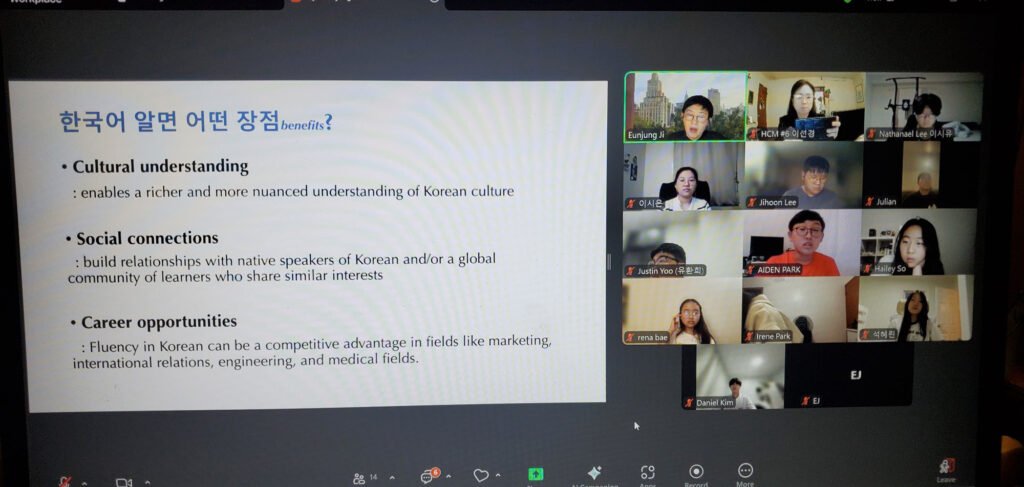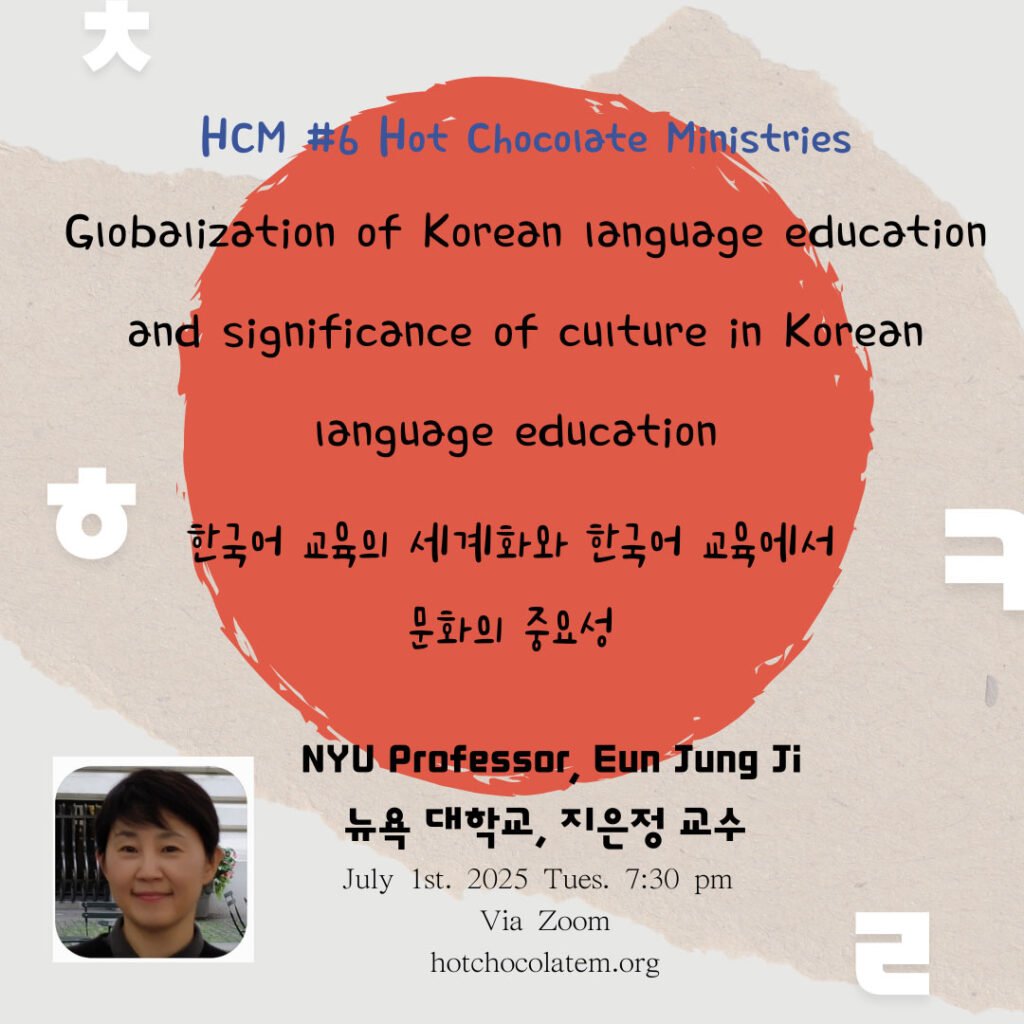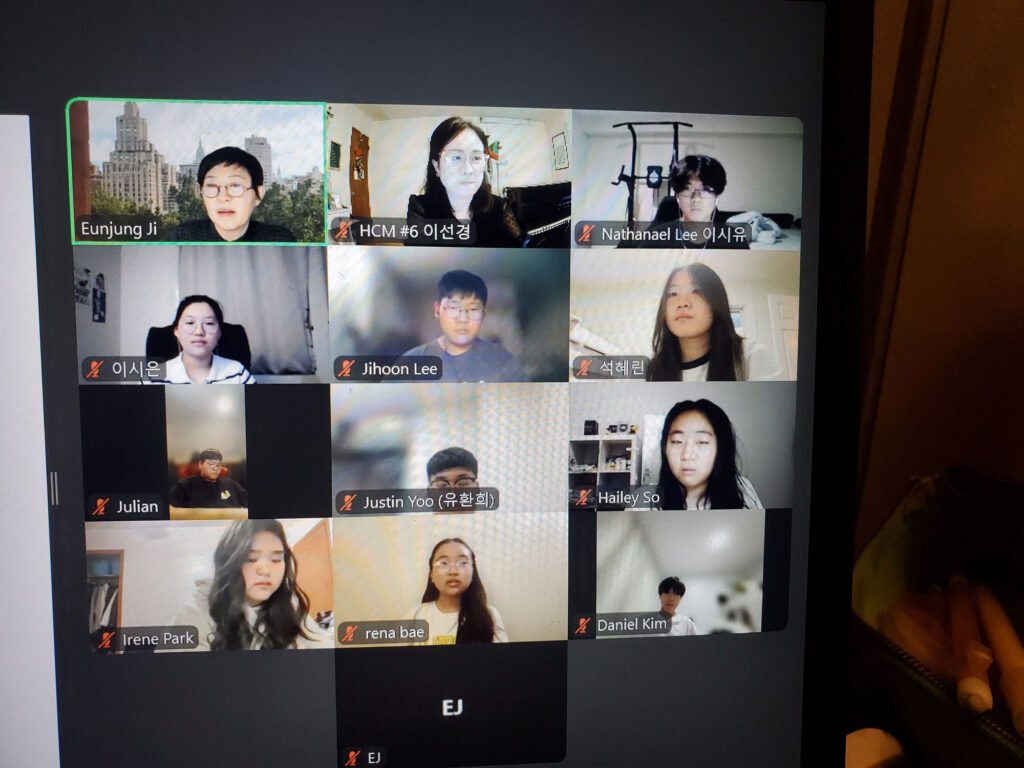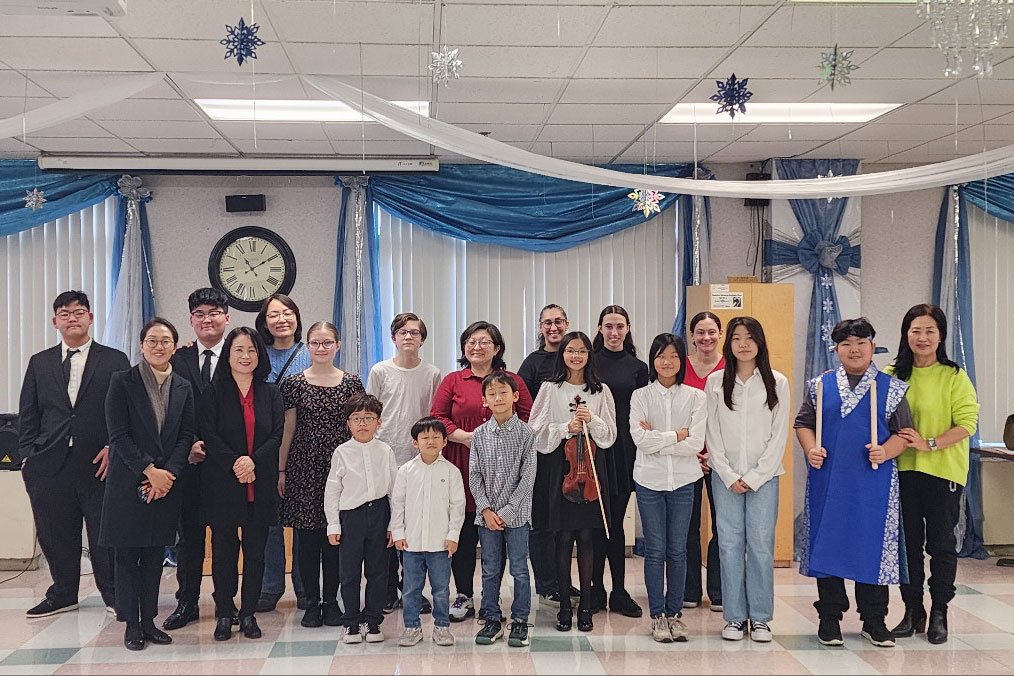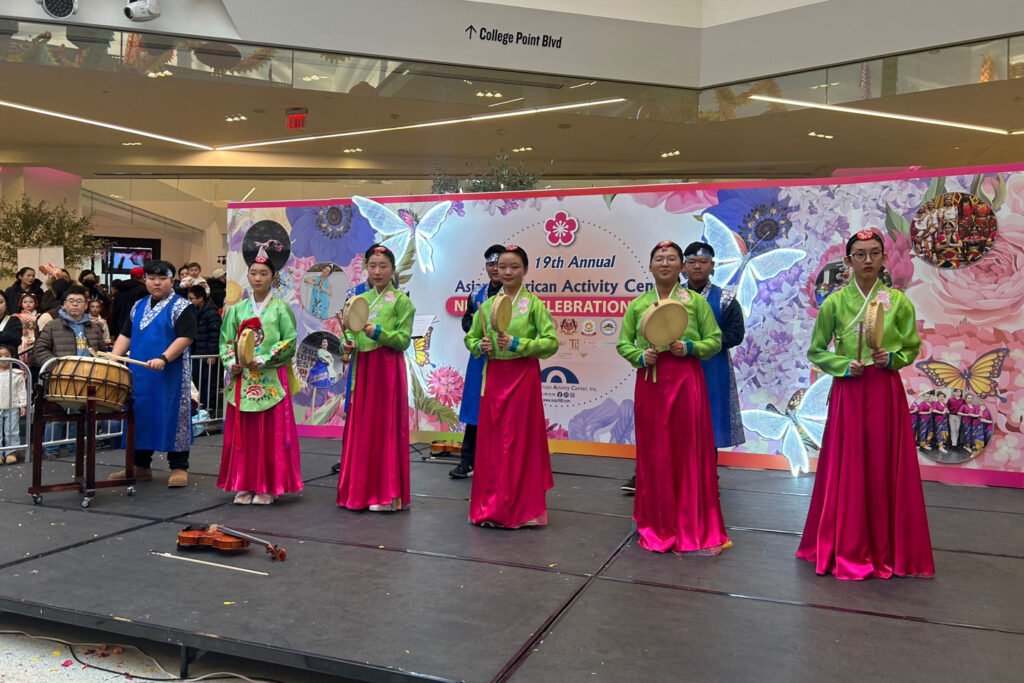On July 1st, 2025, the Hot Chocolate Ministry held a symposium with honored guest speaker Eunjung Ji, a Korean language professor at Stony Brook University, Prince University, and NYU since 2007, to share about the globalization of Korean Language Education and the significance of culture in Korean Language Education.
The official Korean language writing system, Hangul, was created by Sejong the Great, who created it in consideration of his people who found learning how to read and write Chinese characters a difficult task.
Hangul being written in syllabic blocks provided efficiency for readers, promoting learnability for emergent learners both centuries ago and for individuals today.
One very interesting example of globalization was illustrated in Indonesia. An ethnic group named the Cia-Cia residing in Bau-Bau City, Indonesia, did not have their own writing script that was compatible with their spoken dialect. They ended up implementing our Korean writing system, which also brought in Korean Language education within that area.
There has been a significant increase in popularity of the Korean language amongst language learners around the world, which can be observed through changes in how Korean is perceived across different countries:
As of 2023, around 250,000 students in 47 countries are studying Korean as a part of their school curriculum.
In 2020, India designated Korean as a “first” foreign language, followed by Vietnam in 2021.
Ten countries have incorporated Korean into their university admission processes, which includes New Zealand, Bulgaria, Thailand, France, Australia, and more!
Over the past five years (2020-2024) the number of applicants for the Korean language proficiency test (TOPIK) has doubled, increasing from about 220,000 in 2020 to around 440,000 in 2024.
There are various benefits to learning the Korean language. First and foremost, it helps build relationships with native speakers of Korean and/or a global community of learners who share similar interests. Whether you’re interested in K-Pop, K-Drama, or K-Food, learning Korean goes beyond simply learning about the language, enabling a richer and more nuanced understanding of Korean culture. Lastly, fluency in Korean can be a competitive advantage in fields like marketing, international relations, engineering, and medical fields.
Thanks to the growing interest and globalization of Korean culture and language across the globe, many individuals around the world have the opportunity to explore all things Korean like never before! Members of the Hot Chocolate Ministry are proud to be part of a community that helps bring awareness about Korean culture to future generations and beyond!
“While speaking is a biological endowment, writing is a cultural artifact” (Pae, 2024)
HCM Reporter: Nathanael Siyoo Lee
